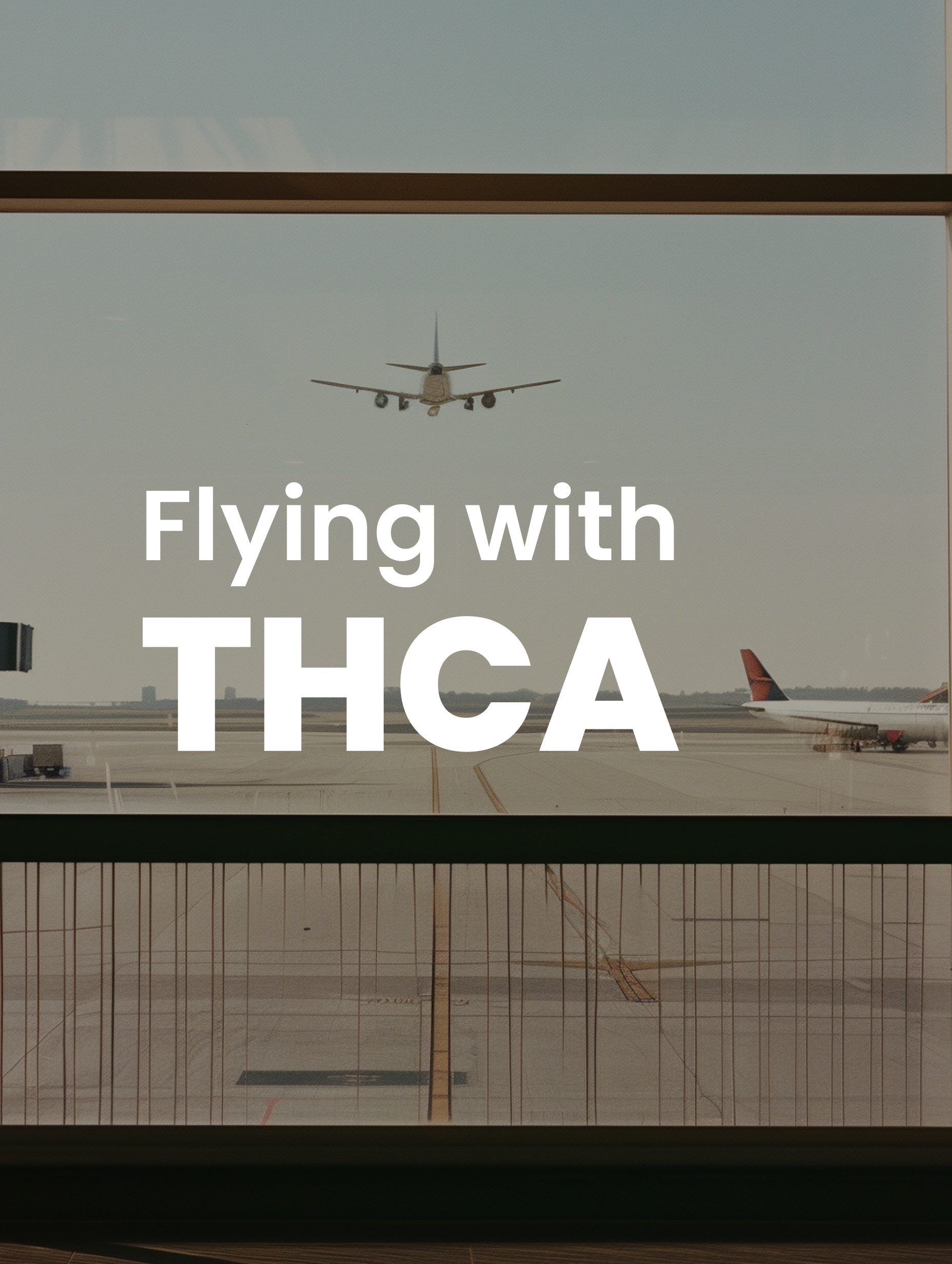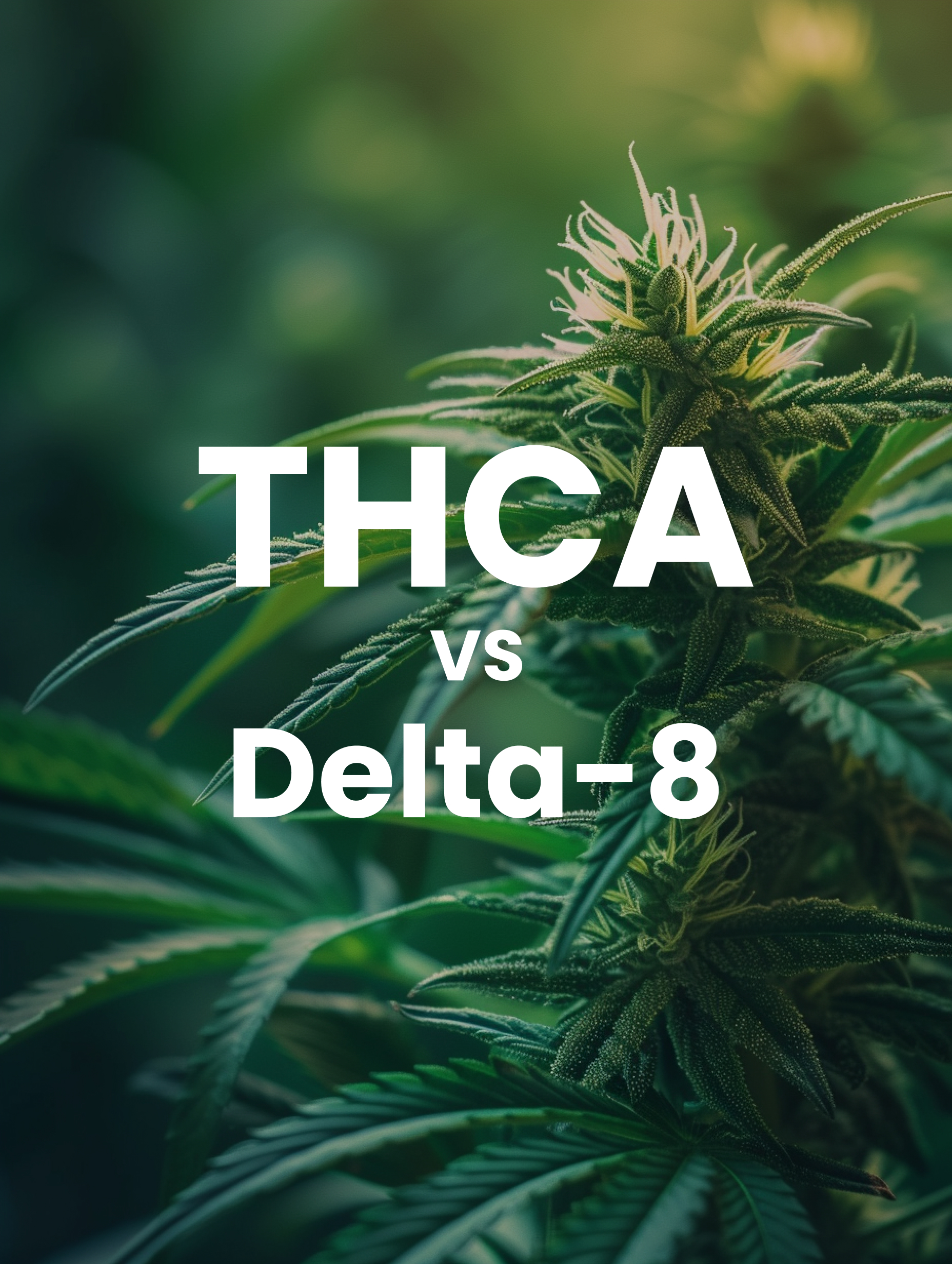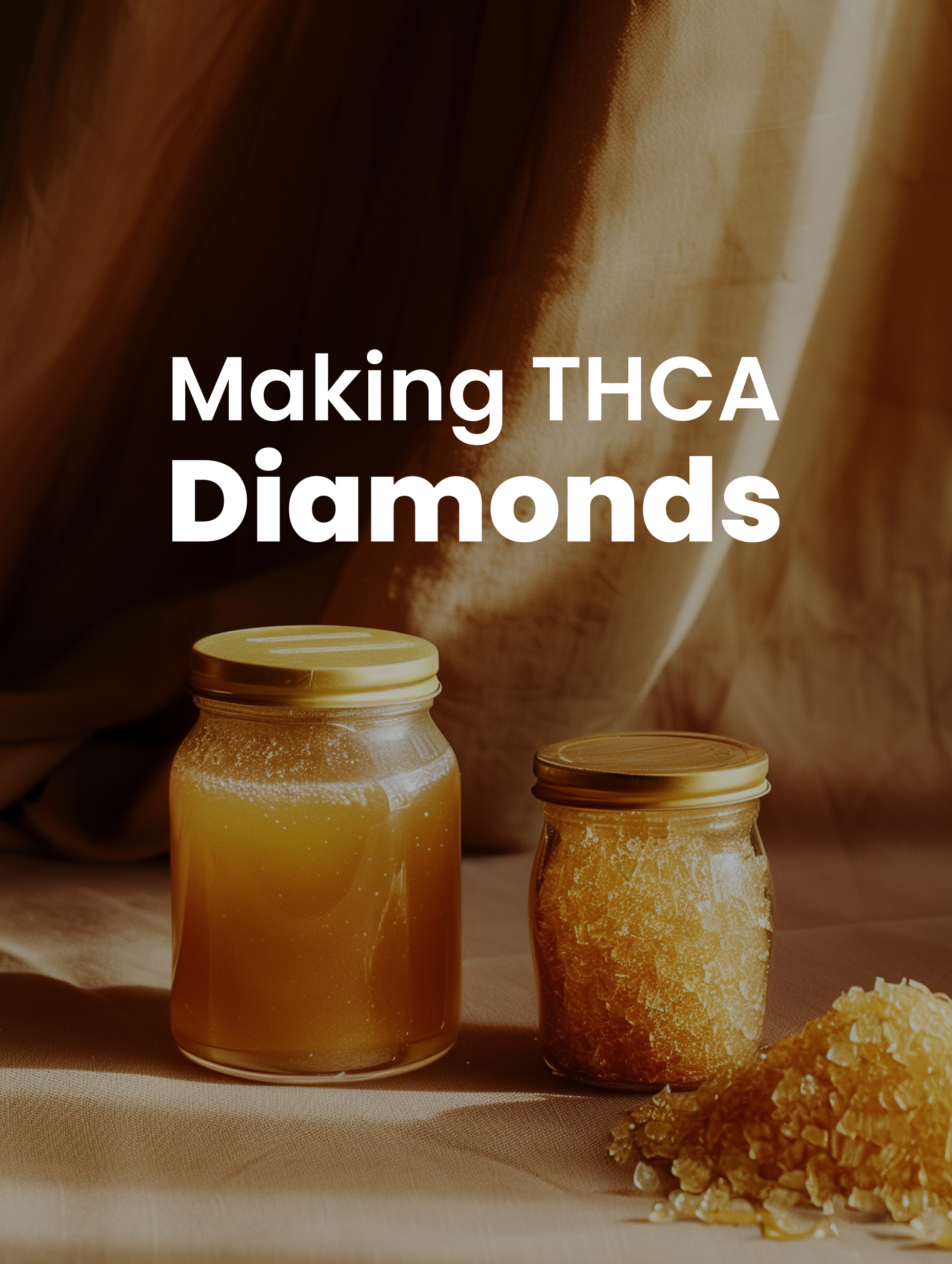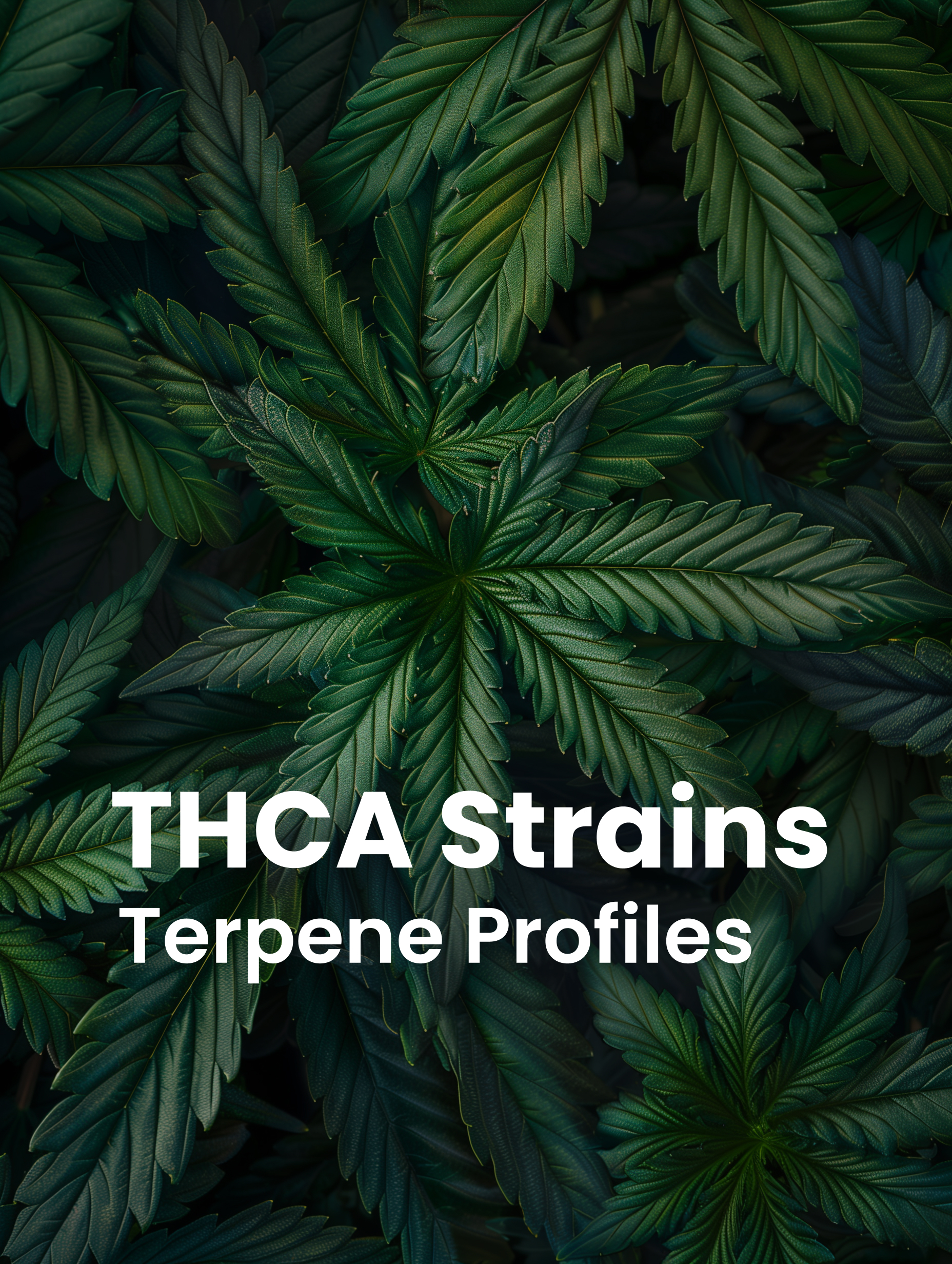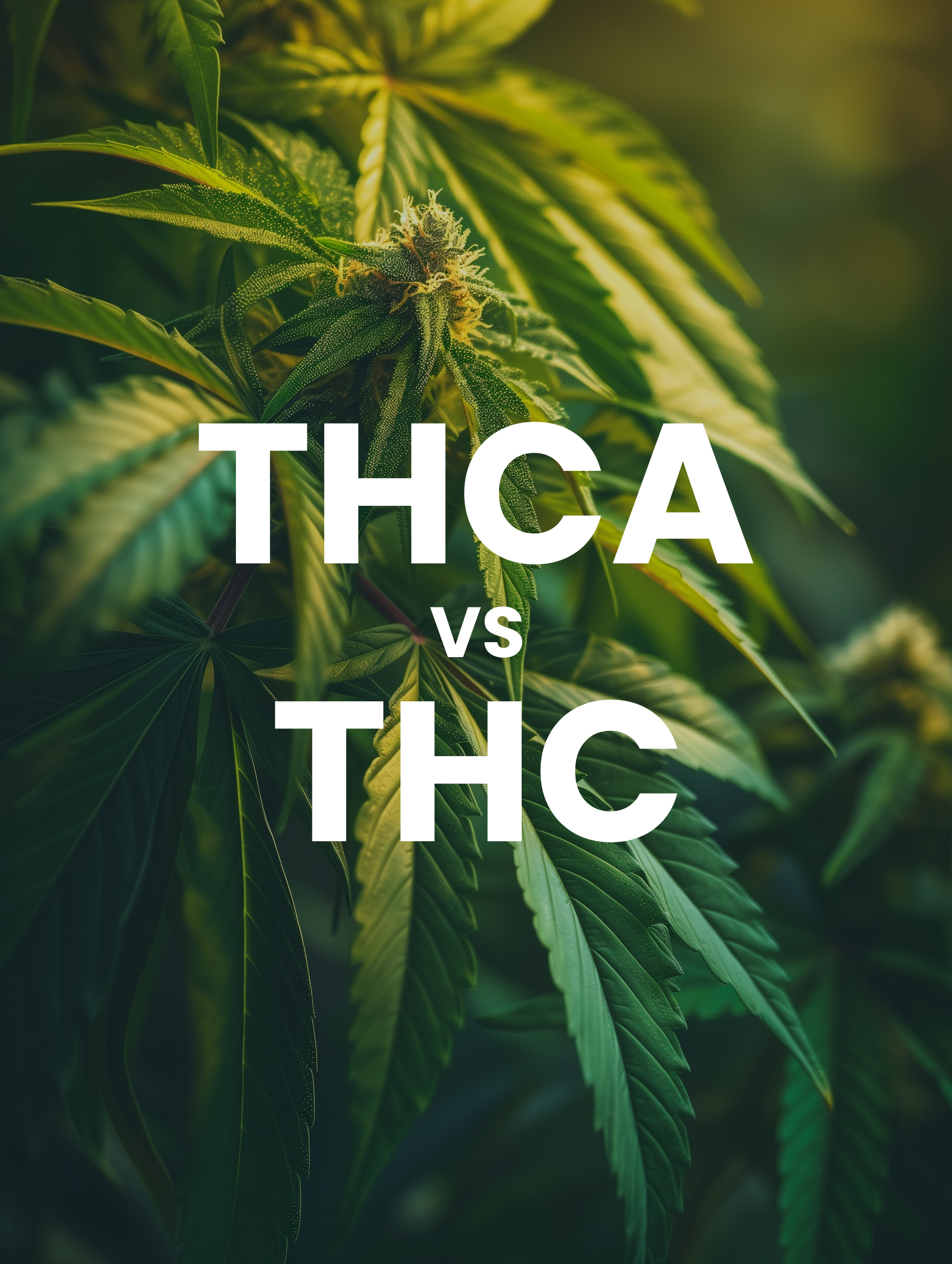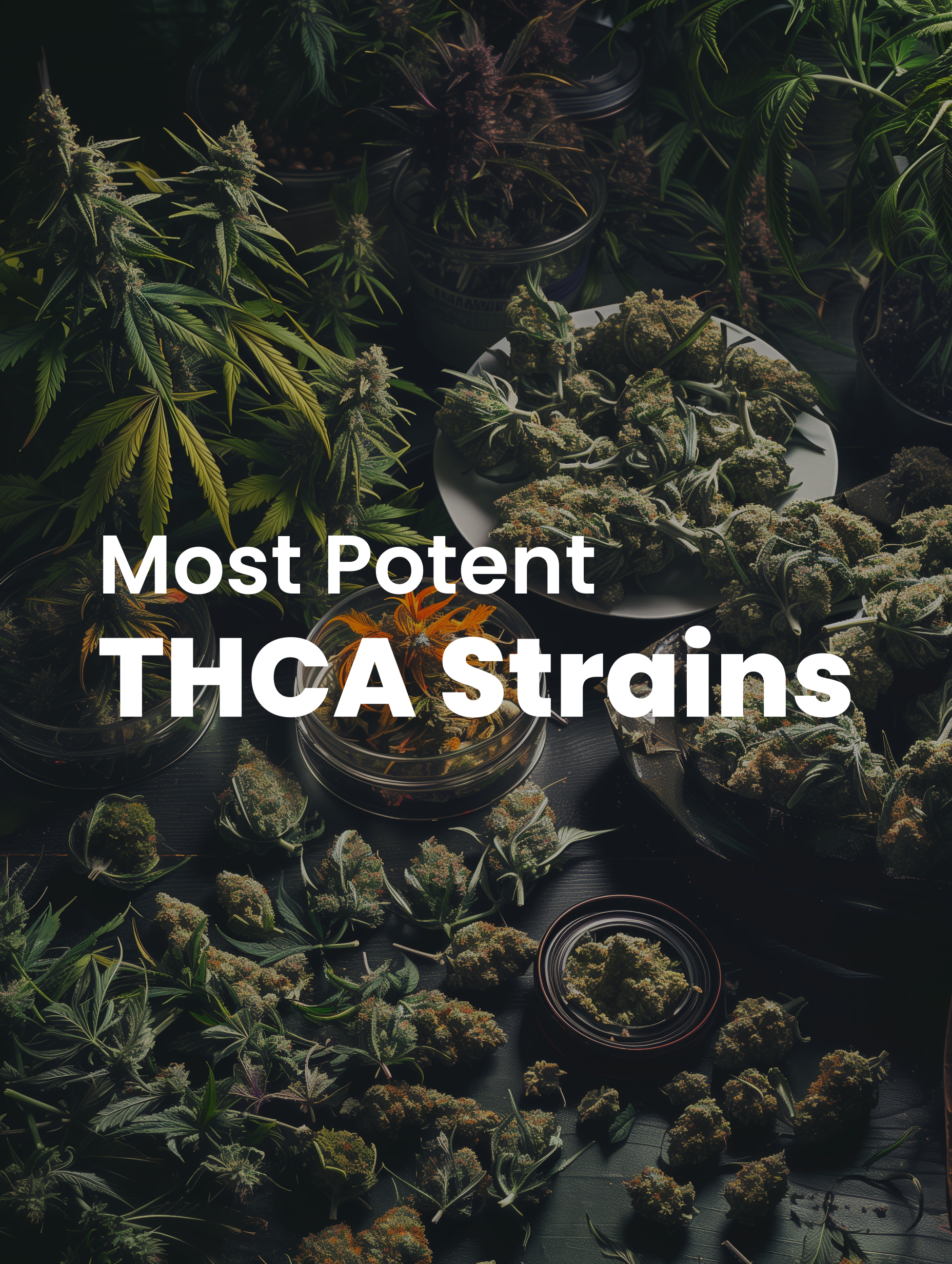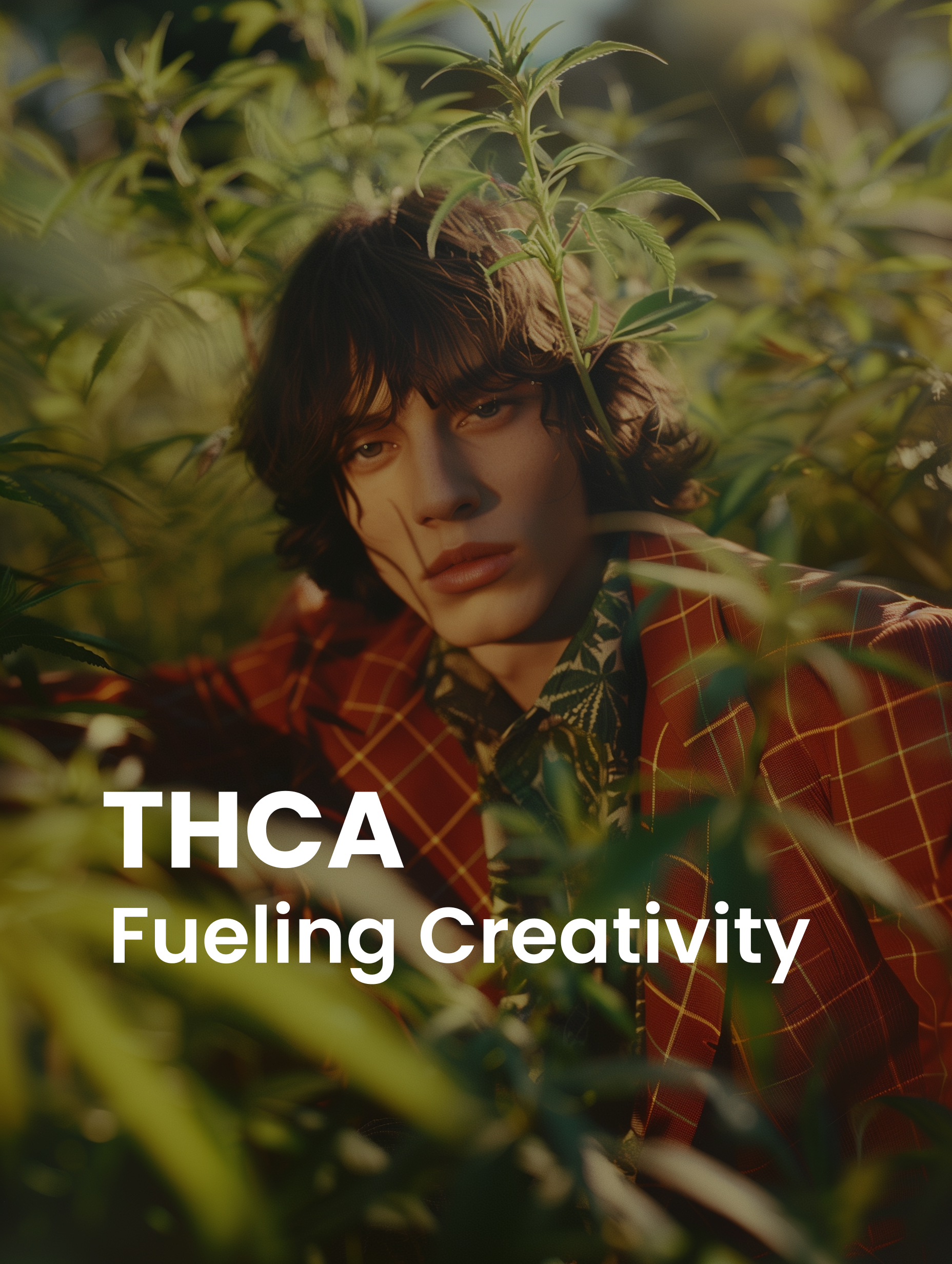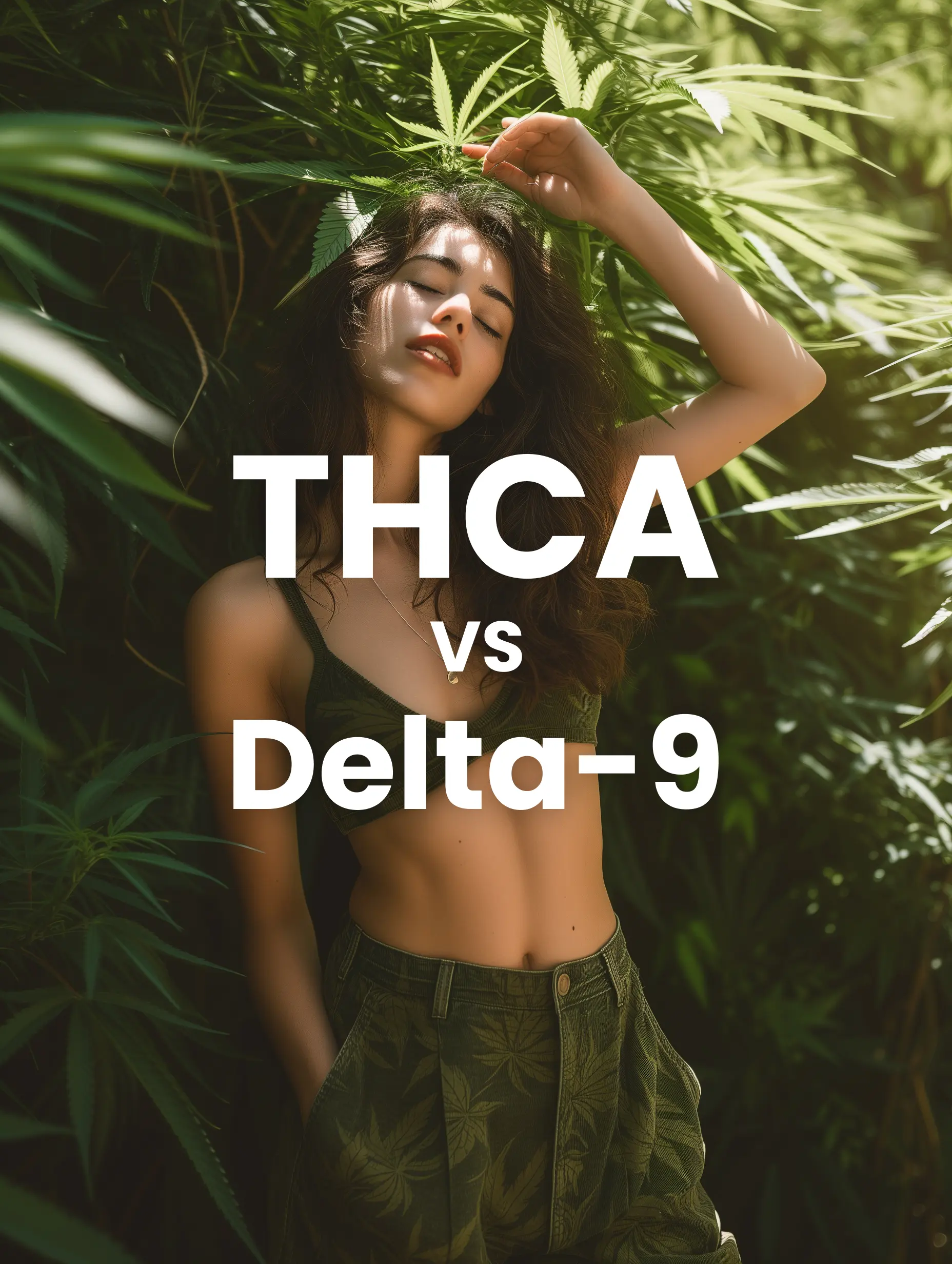THCA Myths and Misconceptions: Separating Fact from Fiction
If you’re interested in cannabis you’ve probably heard of THCA. But there’s a lot of confusion and misinformation out there about this compound. In this article we’ll clear up some common myths and misconceptions so you can separate fact from fiction.

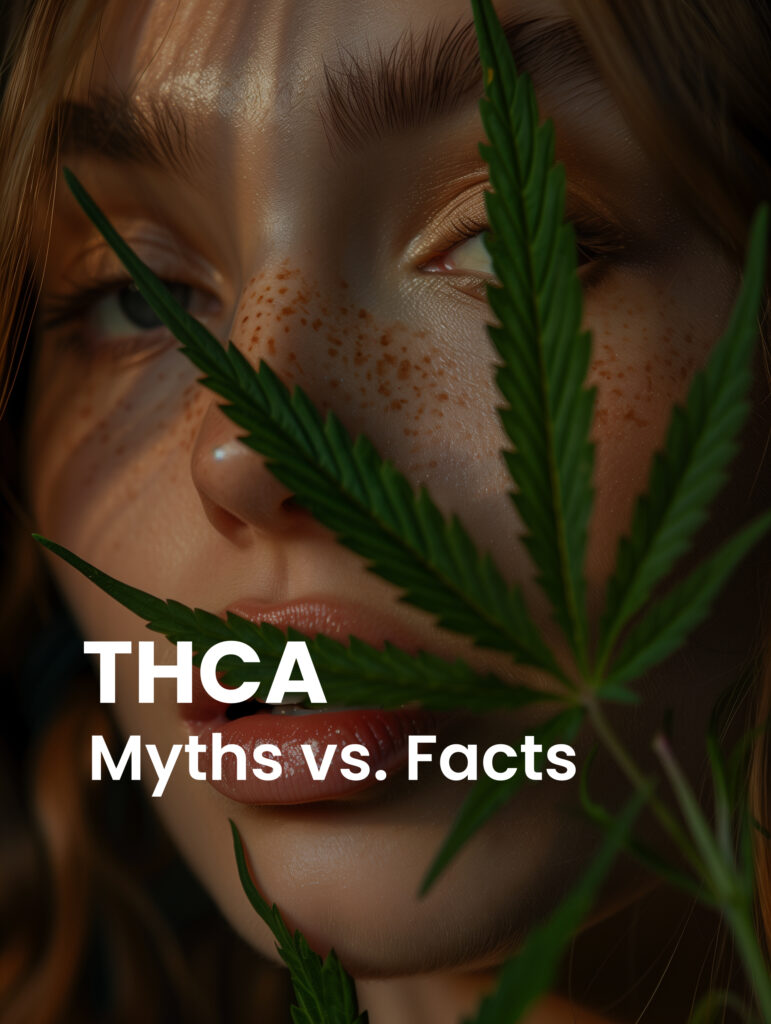
Key Takeaways
- THCA is non-psychoactive in raw cannabis
- It converts to THC when heated but not completely
- It may have some therapeutic benefits but more research is needed especially on side effects and long term effects
- Its legal status is complicated and varies by location
What is Tetrahydrocannabinolic Acid?
First let’s clarify what this compound actually is. Tetrahydrocannabinolic acid (THCA) is a non-psychoactive cannabinoid found in raw and live cannabis. It’s the most abundant cannabinoid in raw cannabis sativa plants.
When you heat THCA through smoking vaping or cooking it converts to THC (tetrahydrocannabinol) the active ingredient that gets you high. This process is called decarboxylation and it usually happens within 30 minutes of heating.
Some key facts about THCA:
- It’s abundant in live and raw cannabis flowers
- It converts to THC when heated
- It’s non-psychoactive in its raw form of THC
- It may have some therapeutic benefits
Now that we know the basics let’s debunk some common myths and misconceptions.
Myth 1: Raw Cannabis Gets You High
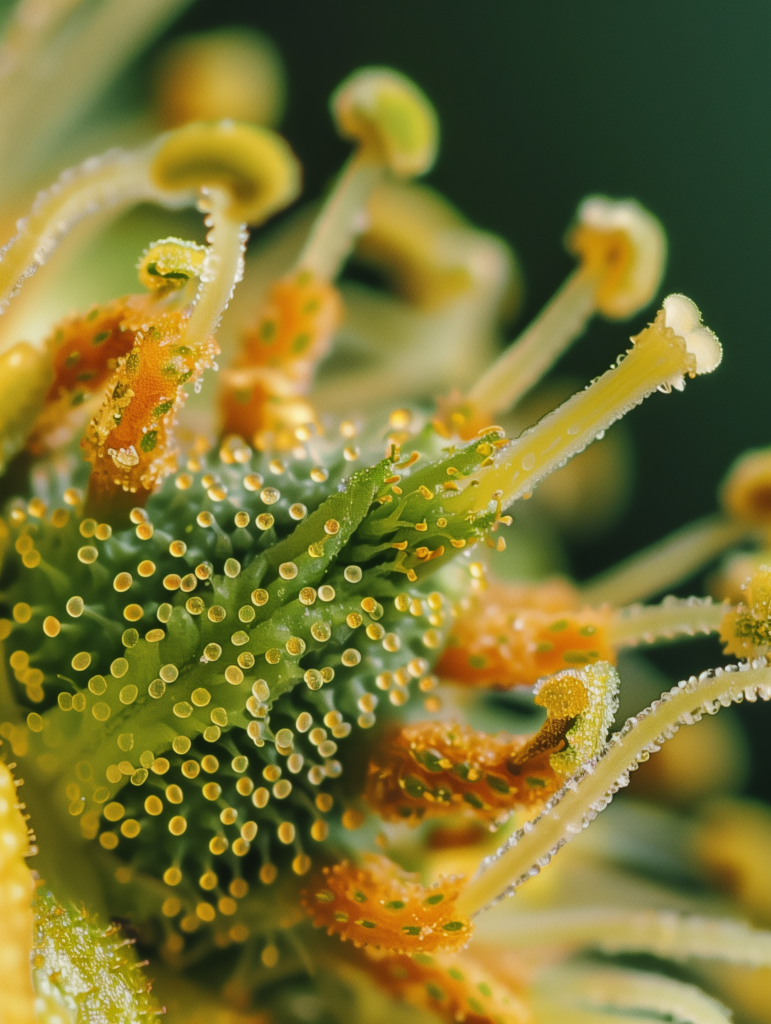
One of the biggest misconceptions is that consuming raw cannabis or marijuana products will get you high. But that’s simply not true. THCA in its raw form is non-psychoactive. You could be eating or drinking raw cannabis and you wouldn’t feel any intoxicating effects.
It’s only when THCA is heated through smoking vaping or cooking that it converts to THC and becomes psychoactive. So if you want to experience a high you need to decarboxylate your cannabis first by exposing it to heat. This is why people smoke marijuana or smoke cannabis to feel its effects.
Myth 2: All THCA Converts to THC When Heated
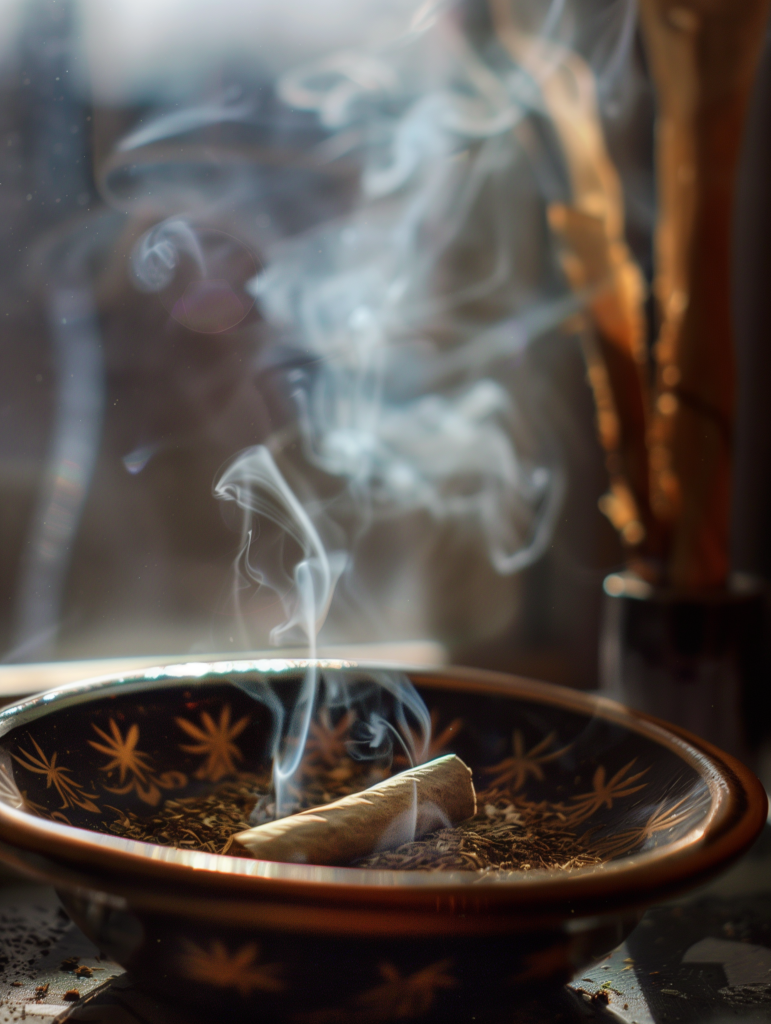
You may have heard that all the THCA in cannabis completely converts to THC when smoked or vaped. But the reality is more nuanced than that.
Studies show that the conversion rate of THCA to THC varies depending on several factors:
- Temperature
- Heating time
- Heating method
In general only a portion of THCA will convert to THC when cannabis is smoked or vaped. Some THCA is destroyed in the heating process. And conversion is less efficient at lower temperatures. So the THC content you actually consume can vary quite a bit.
One study found that only about 30-70% of THCA converts to THC when smoked depending on conditions. Vaping tends to be more efficient than smoking with a conversion rate up to 85% in some cases. But even with vaping a significant portion of THCA doesn’t convert.
This means that the potency of cannabis can be hard to predict based on THCA levels alone. Two strains with the same THCA percentage might produce different levels of THC when smoked depending on how they’re heated. So THCA percentages don’t always tell the full story. Consumers should be aware that higher THCA levels could mean an increased risk of overconsumption.
Myth 3: THCA is Always Illegal
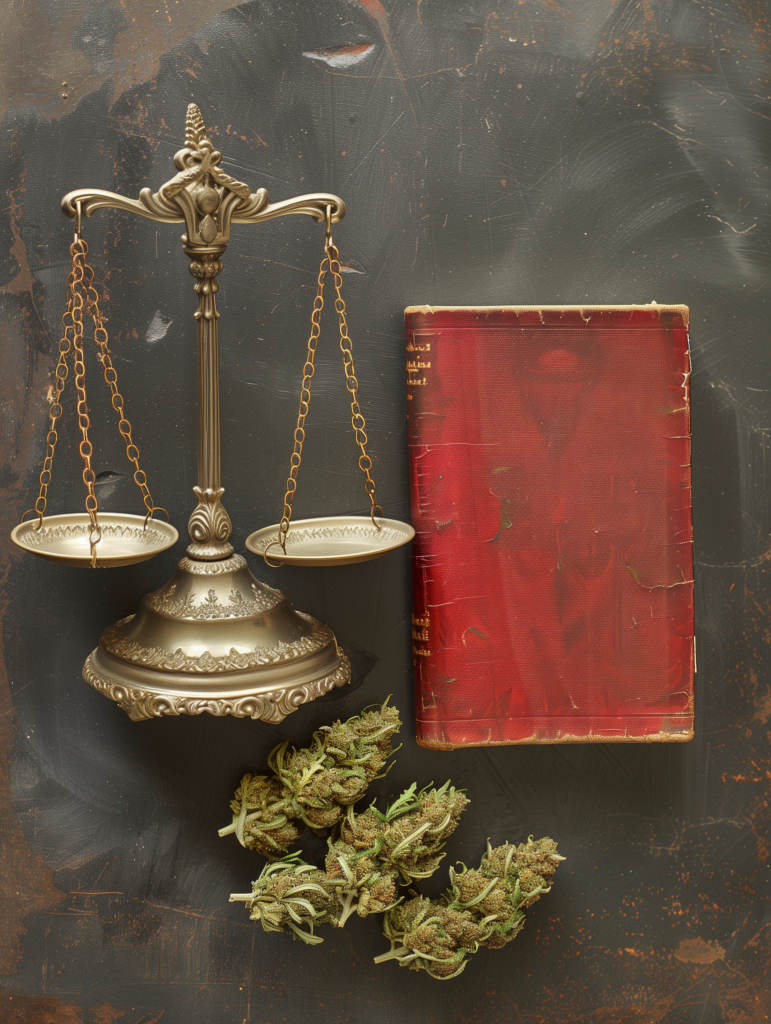
The legal status of THCA is complicated and varies by location. In some places like the US it’s considered illegal under federal law. But in other countries it may be legal or exist in a gray area.
In the US the 2018 Farm Bill legalized hemp and hemp-derived compounds like CBD. But it didn’t specifically mention THCA. So some argue that hemp-derived THCA might be legal under the Farm Bill. But that’s still a matter of debate and the FDA hasn’t clarified its position.
To make things more confusing some state laws differ from federal law. And regulations around hemp and cannabis are constantly evolving. So the legality of THCA is a tricky subject that depends on your jurisdiction. Always check your local laws to understand the specific rules that apply to you.
In Canada for example THCA is legal for medical purposes and will be legal for recreational use once cannabis edibles are allowed. But in the UK THCA is a controlled substance under the Misuse of Drugs Act.
The bottom line is that the legal landscape around THCA is complex and shifting. What’s allowed in one place might be prohibited in another. So it’s important to stay informed about the specific laws in your area.
Final thoughts
The most important thing is to be informed and not believe every myth you hear about THCA and cannabis in general. Stick to the facts from credible sources. And remember that our understanding of cannabis is still evolving as more research emerges.
There’s a lot we still don’t know about THCA and how it works in the body. But as cannabis legalization spreads and scientific interest grows we’re likely to learn much more in the coming years. For now the best approach is to stay curious but skeptical and always check your sources.
Frequently Asked Questions
Can you get high from eating raw cannabis?
No. THCA in raw cannabis is non-psychoactive. It needs to be heated to convert to THC and produce intoxicating effects. Eating raw cannabis won’t make you high no matter how much you consume.
How much THCA converts to THC when heated?
It depends. Factors like temperature heating time and method affect the conversion rate. In general only 30-70% of THCA might convert to THC when smoked. Vaping can be up to 85% efficient. But a significant portion is always lost in the process.
Is THCA legal?
It’s complicated. In the United States THCA is federally illegal but state laws vary. In some countries it may be legal or unregulated. The legal status often depends on whether it’s derived from hemp or marijuana. Always check your local laws as regulations are constantly changing.
What's the difference between THCA and THC?
THCA is the acidic precursor to THC found in raw cannabis. It’s non-psychoactive and won’t make you high. THC is the neutral active ingredient that results when THCA is heated. THC is psychoactive and responsible for the intoxicating effects of cannabis.
How do you consume THCA?
THCA is found in raw and live cannabis flowers. You can consume it by juicing or blending raw cannabis leaves and buds. Some people also take THCA tinctures or capsules. But remember that THCA won’t make you high unless it’s heated and converted to THC within about 30 minutes.
The statements on this blog are not intended to diagnose, cure, treat or prevent any disease. FDA has not evaluated statements contained within the blog. Information on this website or in any materials or communications from Inheal is for educational/informational purposes only and is not a substitute for medical advice, diagnosis, or treatment. Please consult your healthcare provider before making any healthcare decisions, correct dosage or for guidance about a specific medical condition.

A connoisseur of cannabis creativity and true contemplation with more than 20 years of experience, Chris extracts deep thoughts from getting lightly baked and shares his wandering mind. He blends cuisine and cannabis culture into nutritious, delicious recipes and insights for other hemp lovers.
Related Posts

Flying with THCA: Navigating the Skies with Cannabis | Travel Tips

THCA vs Delta 8: Differences and Similarities

The Fine Art of Making THC-A Diamonds from Rosin

Exploring Terpene Profiles of Popular THCA Strains

THCA vs THC: What’s the Difference?

Most Potent THCA Strains for an Out-of-This-World High

THCA and Creativity: Inspiring Artists Musicians and Writers

Uncovering the Secrets of THCA

THCA vs Delta 9
All Posts


